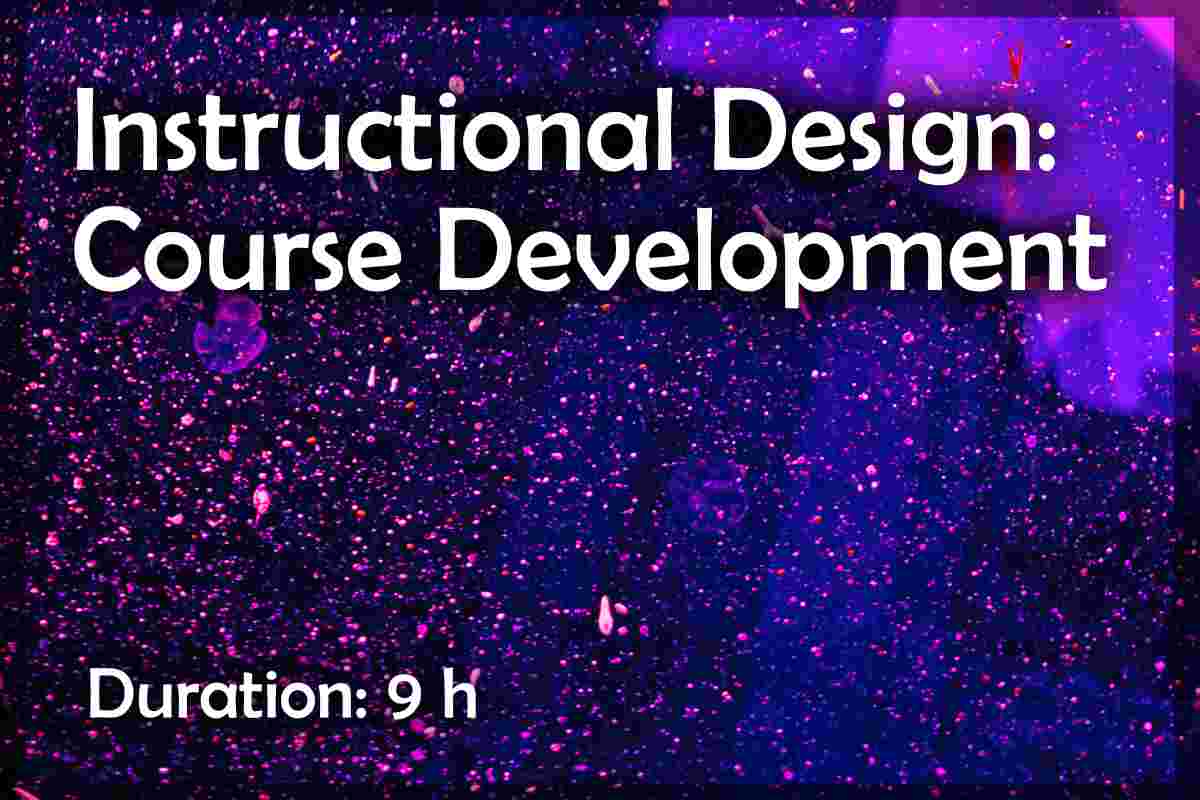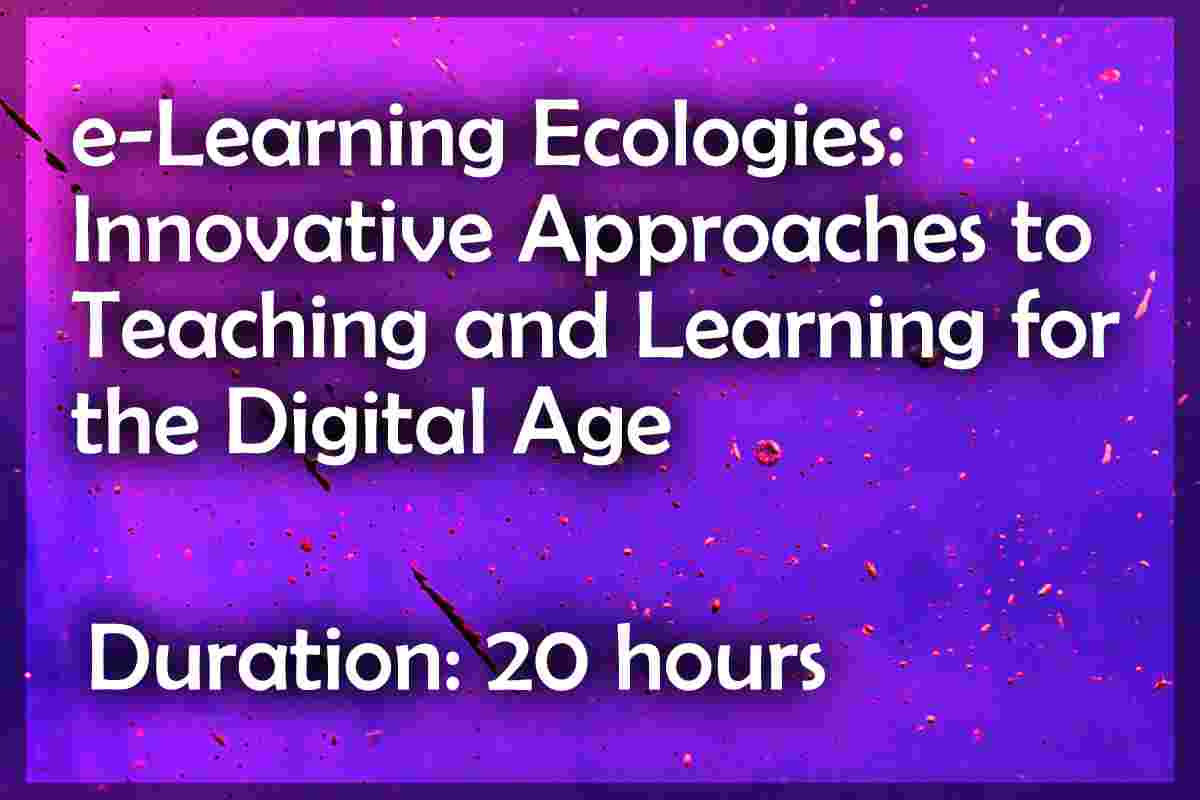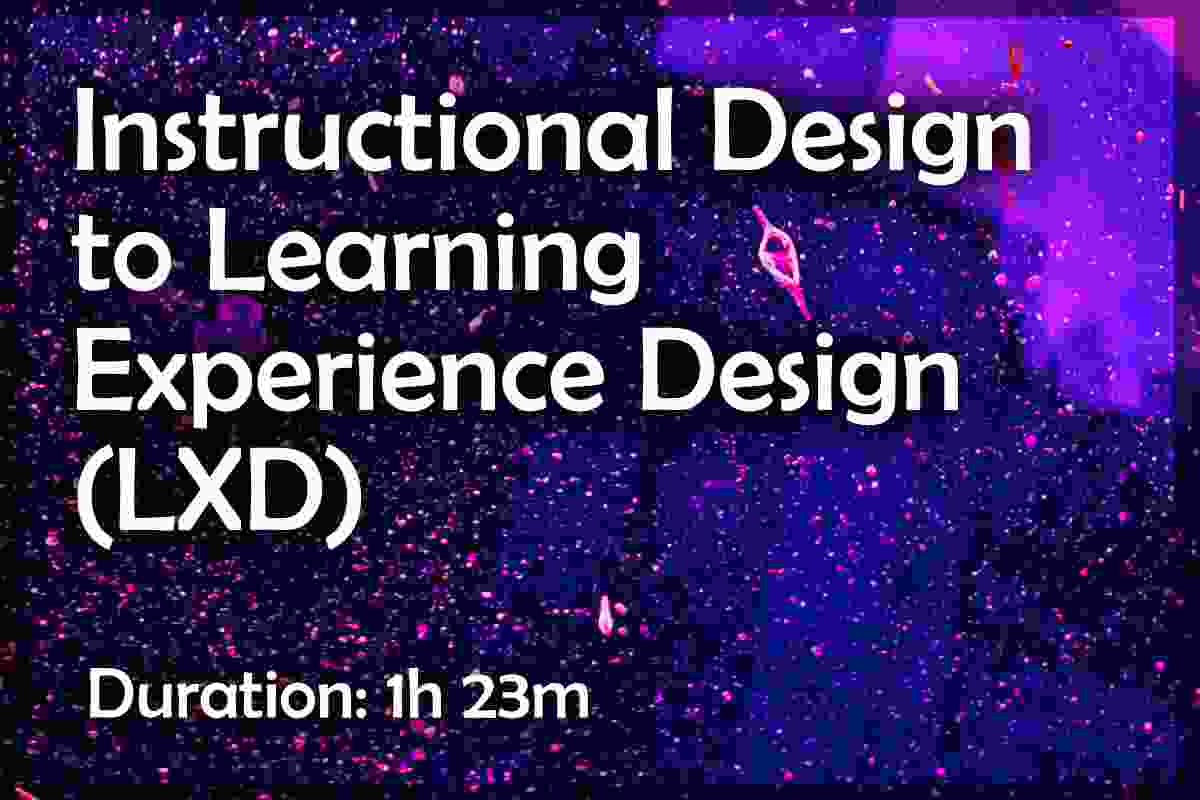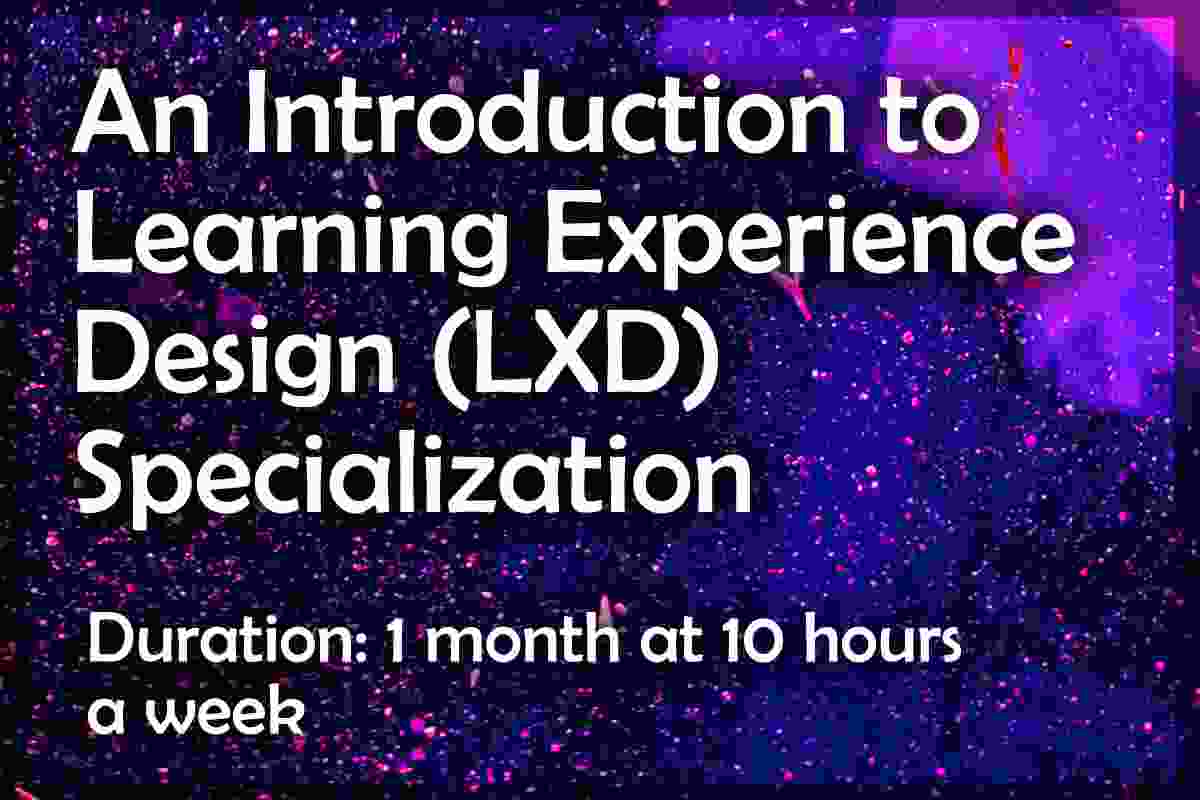Learning Experience Design: Theories and Frameworks
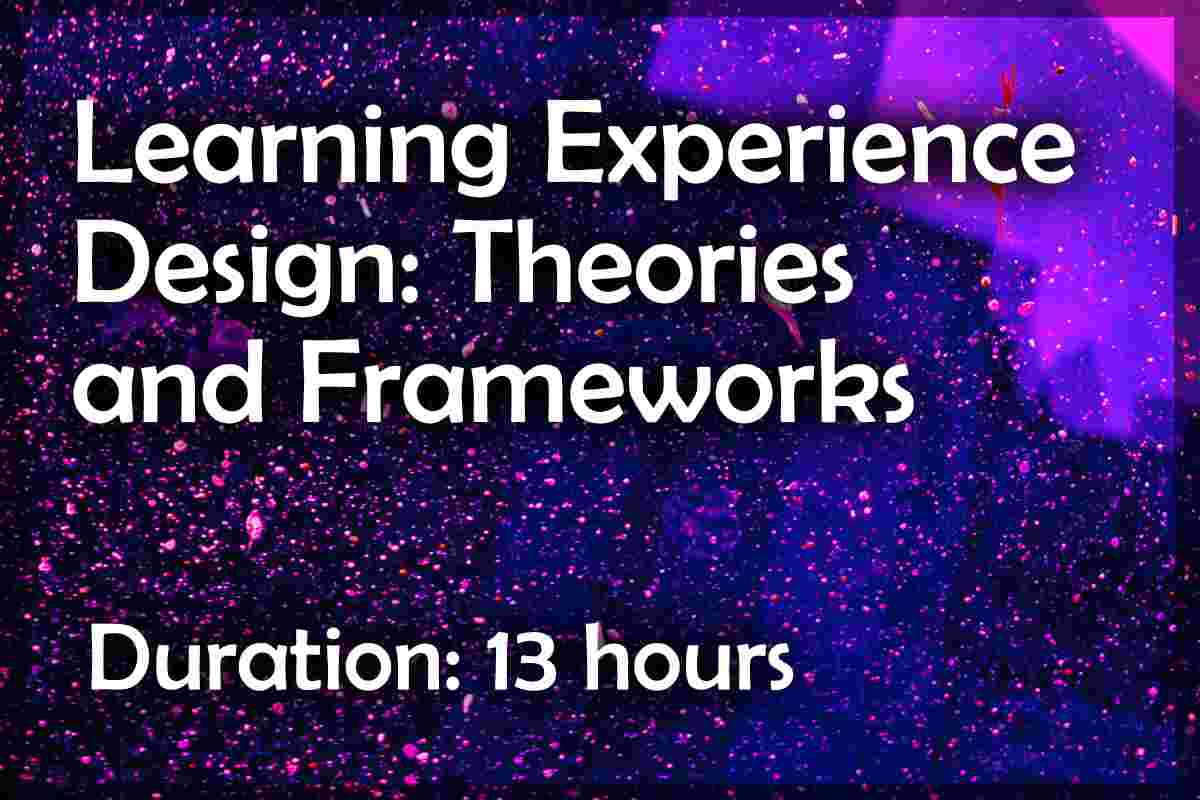
| 📖 Title | Learning Experience Design: Theories and Frameworks |
| ⏳Duration | 13 hours (4 modules) |
| 🧠Level | Beginner |
| 🔗Link to the course | https://www.coursera.org/learn/learning-technologies-foundations-applications |
| 🏅Certificate | Yes |
Learning Experience Design: Theories and Frameworks is an online course offered by the University of Michigan and taught by Dr. Rebecca Quintana. It is part of the "An Introduction to Learning Experience Design (LXD)" Specialization and is designed to provide a comprehensive foundation in the theories, frameworks, and practical tools essential for designing effective and engaging learning experiences.
Course Focus and Structure
The course is organized into four modules, each addressing a key aspect of learning experience design:
Understanding Learners and Contexts: You will examine how to analyze learner needs and the learning environment. This includes defining your target audience and using learner personas as communication tools with stakeholders, influencing learning goals, assessments, and activities.
Learning Theories and Motivation: The course covers major learning theories—Behaviorism, Cognitivism, and Constructivism—and explores how these inform design decisions. It also delves into motivation theories, including extrinsic and intrinsic motivation and Self-Determination Theory, to help you design experiences that motivate learners.
Learning Taxonomies and Design Frameworks: You will be introduced to learning taxonomies such as Bloom’s Taxonomy and Fink’s Taxonomy of Significant Learning, and explore frameworks like Backward Design, Integrated Course Design, and the ADDIE model. These tools help you define learning outcomes and structure course content.
Ideation and Iteration: The final module explores conceptual tools for brainstorming, ideation, and outlining learning experiences. You will engage in immersive activities to develop, refine, and present project plans, gaining hands-on experience in the design process.
Key Skills Developed
Analyzing learner needs and contexts
Applying learning theories and taxonomies to design
Aligning learning outcomes with course outlines
Brainstorming and creative thinking
Instructional and student-centered design
Motivational strategies for learning
Communication and collaboration with stakeholders
Learning Experience
The course features a blend of video lectures, readings, assignments, interactive app items, and discussion prompts. Learners participate in practical activities such as creating learner personas, mapping learning outcomes, and collaborating on design projects.
Upon completion, you can earn a shareable certificate for your LinkedIn profile or resume.
Who Should Enroll
The course is ideal for educators, instructional designers, e-learning developers, and anyone interested in designing impactful learning experiences in educational or professional settings.
Instructor and Reviews
Instructor: Dr. Rebecca Quintana, University of Michigan
The course is highly rated, with 4.9/5 stars from learner reviews, praised for its clear structure and practical application of theory.
This course equips you with both the theoretical foundation and practical tools to design learner-centered, motivating, and effective educational experiences from start to finish.


